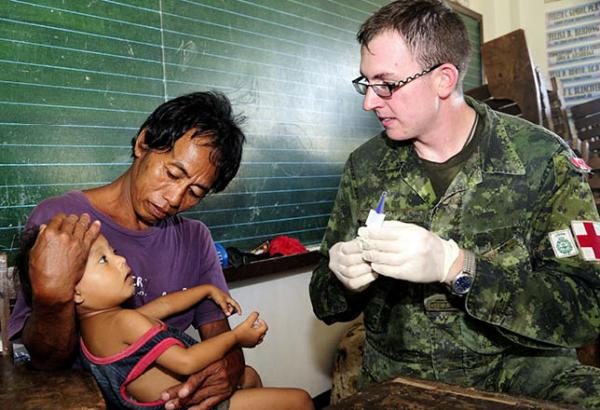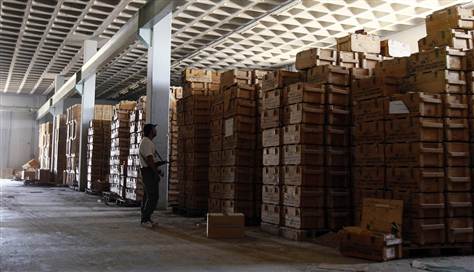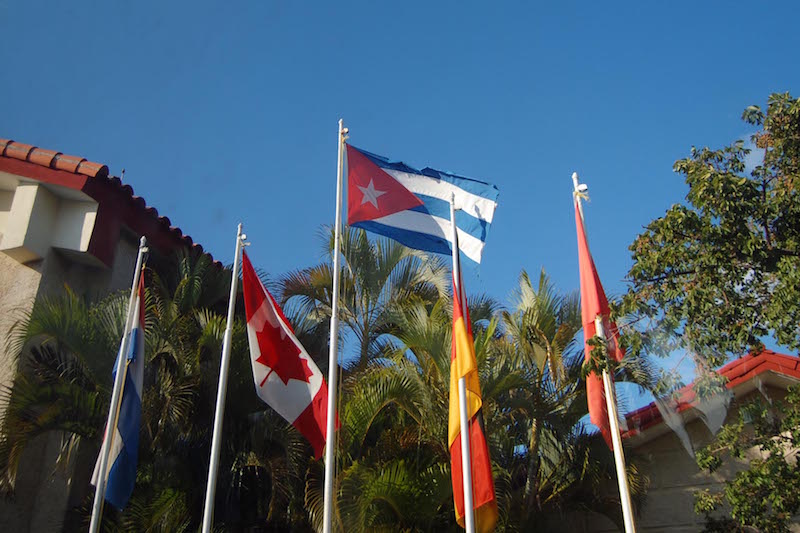In the Philippines more than 13 million civilians have been affected by Typhoon Haiyan and 4 million are homeless. Responding to this humanitarian disaster during its first week was challenging because transportation facilities and government infrastructure are damaged. Even the Philippine government is being criticized for its slow response to the natural disaster. Despite these barriers, Canada rapidly reacted to the situation by deploying its Disaster Assistance Response team (DART), currently commanded by Lieutenant-Colonel Walter Taylor.
DART consists of Canadian Forces personnel whose mandate is to respond quickly to humanitarian emergencies. Prime Minister Stephen Harper sent the DART team in advance, before the Philippines officially requested international assistance. A transport aircraft with troops and supplies was sent to Hawaii and Guam to await further instructions on where to deploy. By doing this, Canada’s relief operation quickly came into effect, and showed the world that our country is able to respond quickly to humanitarian disasters in an effective and proficient manner. As Foreign Affairs Minister John Baird states: “…[Canada is] not going to get into arcane bureaucratic discussions about paperwork and what not. There’s people who need our help, and we’re going to do all we can to provide assistance.”
[captionpix align=”left” theme=”elegant” width=”250″ imgsrc=”http://natoassociation.ca/wp-content/uploads/2013/11/image_5_engineers_working_on_tree.jpg” captiontext=””]
Canadian soldiers are assisting Filipinos by carrying out essential tasks such as clearing debris, rebuilding roads, providing clean water and medical assistance. The DART water-purification systems can produce 50,000 litres of clean water. Filipinos are relieved that Canada has assumed the responsibility of helping those in need.
The most pressing issue is accessing communities. The Philippines is made up of many islands so many regions are difficult to come in contact with. In an effort to overcome this barrier, Canada is using the Griffon, a multipurpose helicopter that allows the DART team to gain access to those who have been cut off from the rest of the world.
The DART team is helping a country that is suffering from destruction on all fronts, and as each day passes Canada continues to transport essential supplies to the ravaged country. In addition to pioneering relief operations in the Philippines, which is truly a heroic movement, Canada is the fourth largest donor as total donations near $40 million.




